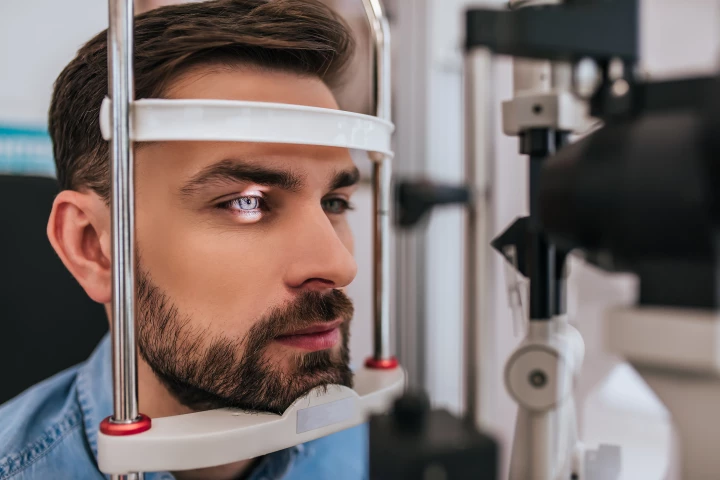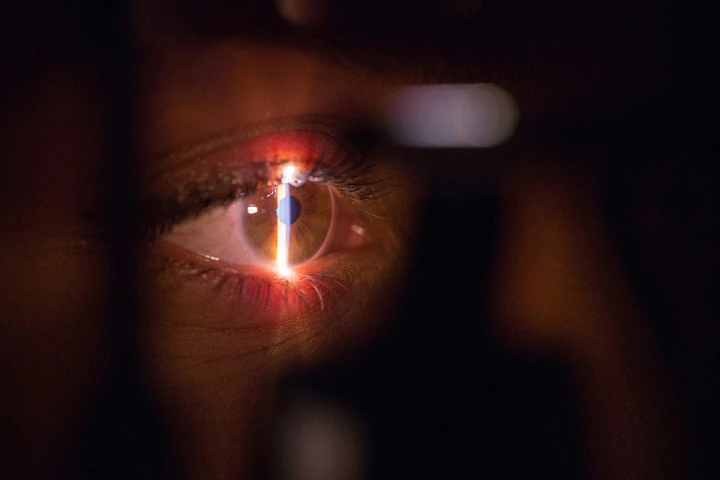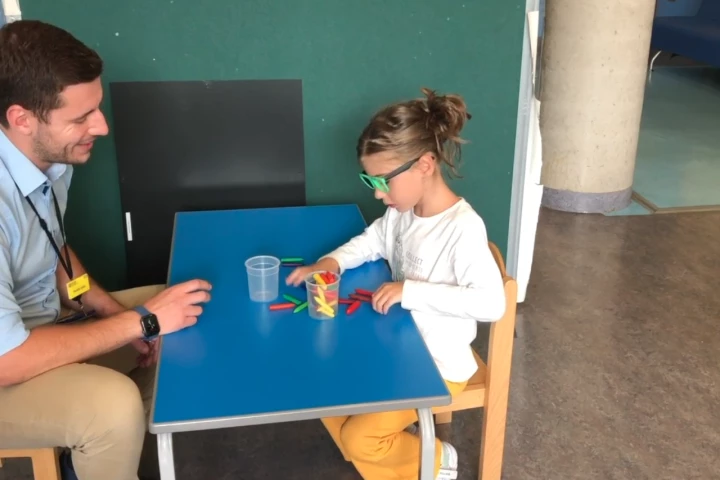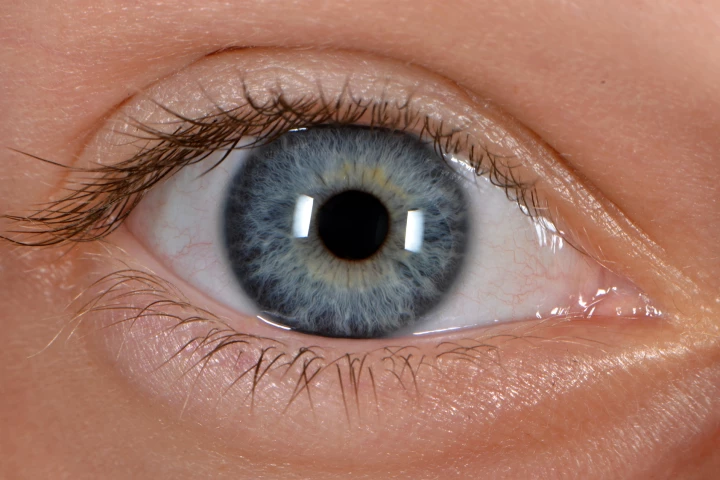Blindness
-
A breakthrough treatment has allowed damaged retinal cells to regenerate themselves. The current research has been conducted on mice, but the pathways are the same in humans, which opens hope for a new way to treat certain kinds of blindness.
-
A team of researchers at Rice University has developed a haptic feedback vest and camera system for a blind dog known as Kunde. The vest helps guide the dog through daily obstacles and the hope is that it will soon do the same for other pups.
-
High blood sugars have long been known to cause eye damage in diabetics. However, new research has found that low blood sugar may also contribute. The good news is that it also identified a way of preventing or treating the damage.
-
A surgical procedure to restore the power of sight to blind patients using their teeth is gaining traction around the world, with Canada opening its first clinic for this treatment. Here's how Osteo-odonto-keratoprosthesis works, and who it's for.
-
Eye injuries that damage the cornea are usually irreversible and cause blindness. But a new clinical trial has repaired this damage in patients thanks to a transplant of stem cells from their healthy eyes.
-
Scientists in the UK have successfully used gene therapy to restore some vision to legally blind children with an inherited retinal condition. All 11 children in the clinical trial saw improvements within weeks of a single surgical treatment.
-
It’s not always to picture what’s going on while listening to sports on the radio – so spare a thought for vision-impaired people who don’t have options. Now they do: meet the OneCourt, a haptic feedback device that works like braille for sports.
-
New research found that elevated levels of ‘good cholesterol’ were associated with an increased risk of glaucoma, which can lead to vision loss. The findings call for reconsidering the hypothesis that good cholesterol universally benefits health.
-
Being prescribed semaglutide for diabetes or weight management is associated with an increased risk, up to seven times, of developing a relatively rare form of untreatable blindness, sometimes referred to as an 'eye stroke,' a new study has found.
-
CRISPR gene-editing has improved the vision of patients with a form of blindness in a Phase 1/2 clinical trial. The results give new hope to patients with the condition, and show that CRISPR could be put to use in humans to treat a range of conditions.
-
Neuroscientists have shown that blind people recognize basic faces using the same brain regions as sighted people – even if the face shapes are delivered as audio rather than through the visual cortex – in an interesting look into neuroplasticity.
-
While seeing-eye dogs can be very helpful to the blind, raising and training them is a long and expensive process. Scientists have therefore recently started investigating the possibility of outsourcing the job to dog-like quadruped robots.
Load More











